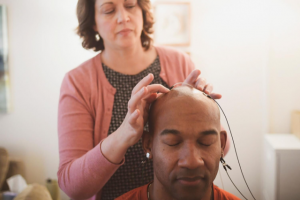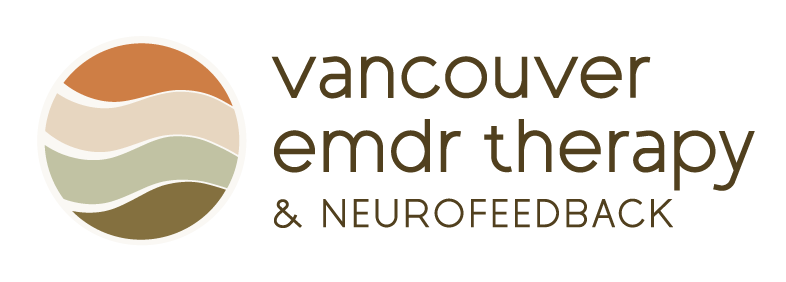Foods of our ancestors, breathe better to feel better, neurofeedback, a mediation app and house plants. To learn more about how these topics can help reduce the effects of trauma and chronic stress please read the blog below…
This is a list of monthly “trauma recovery tips” from a trauma specialist to help you reduce the effects of trauma and chronic stress on your life so you can live from a place of healing, hope and happiness.
Healing from trauma is a different process for each person. As a trauma-focused therapist I never tell my clients to do anything that I haven’t tried or use regularly in my life. I have learned over the years through experience, research, feedback from clients and insights from other professional’s successful ways of healing emotional wounds as well as managing persistent stress. What I share with you here is both cutting edge and tried-and-true techniques for healing.
Trauma Tip #1
 Eating an abundance of foods of your ancestors is good for your mental and emotional health.
Eating an abundance of foods of your ancestors is good for your mental and emotional health.
Dr. Longo, author of The Longevity Diet says that we should be enjoying the foods of our ancestors. Eat foods your grandparents may have eaten and avoid those they wouldn’t recognize (such as junk food and sweeteners). It is recommended that we should eat fresh and nutrient dense foods. Here are some basic examples below from Carnivore to Vegetarian:
- Proteins (animal, fish, dairy, nut, legume)
- Dairy: Goat/sheep
- Eggs-1-3 daily
- Meats– saturated fats; Raw Butter
- Plant: Coconut/Olive/Sesame Oil / Raw Nuts
- Root Vegetables
- Soluble fibers (flax oatmeal, psyllium seeds, fruits, and vegetables.
- Fresh Greens (cooked and raw)
- Fermented foods
- Fruit
- Berries
- Grain options (gluten/non gluten)
Source: Leslie E. Korn, 2017- Nutrition Essentials for Clinicians
Trauma Tip #2
To feel better we need to breathe better. For some trauma survivors breathing can be triggering. Breathing “too deeply” or “holding and extending,” your breath can feel too activating. If you notice feeling triggered doing a breathing technique you can stop at any time and do another grounding technique instead.
Take 5 Breathing Technique. I like this breathing technique because it is super simple.
- Sit on a chair or cross-legged on a cushion on the floor.
- Close your eyes and your mouth.
- Breathe in slowly through your nose to the count of five.
- Hold to the count of five and then slowly breathe out to the count of five.
That’s it!
Trauma Tip #3
Use LENS Neurofeedback to calm your nervous system and optimize your brain. It helps to reduce overall anxiety, worry, obsessive thoughts and mind chatter. It helps you to stay more focused at work and improves mood and sleep. To learn more about neurofeedback and LENS (Low Energy Neurofeedback System) click here.
Lemecia applying LENS sensors to the head.

Trauma Tip #4
Use the Calm app for relaxing stories and daily meditations that can help to improve sleep.
Trauma Tip #5
 Being in nature helps to calm our nervous systems. It is best to get out in nature each day but you can also bring nature to you. Houseplants are a good way to boost your mood and help you to feel calmer.
Being in nature helps to calm our nervous systems. It is best to get out in nature each day but you can also bring nature to you. Houseplants are a good way to boost your mood and help you to feel calmer.
Studies have proven that house plants improve concentration and productivity (by up to 15%), reduce stress levels, and boost your mood.
If you don’t have a green thumb you can start with cactus or succulents. Give it a try and see how houseplants work for you!
This information is provided by Lemecia Lindsey, LICSW. Lemecia has dedicated her private counseling practice to helping clients heal from trauma. She specializes in EMDR therapy, Neurofeedback and is an Integrative Medicine Mental Health Provider.
*This list is not a substitute for medical intervention. Consult with a doctor to decide what is best for you.




